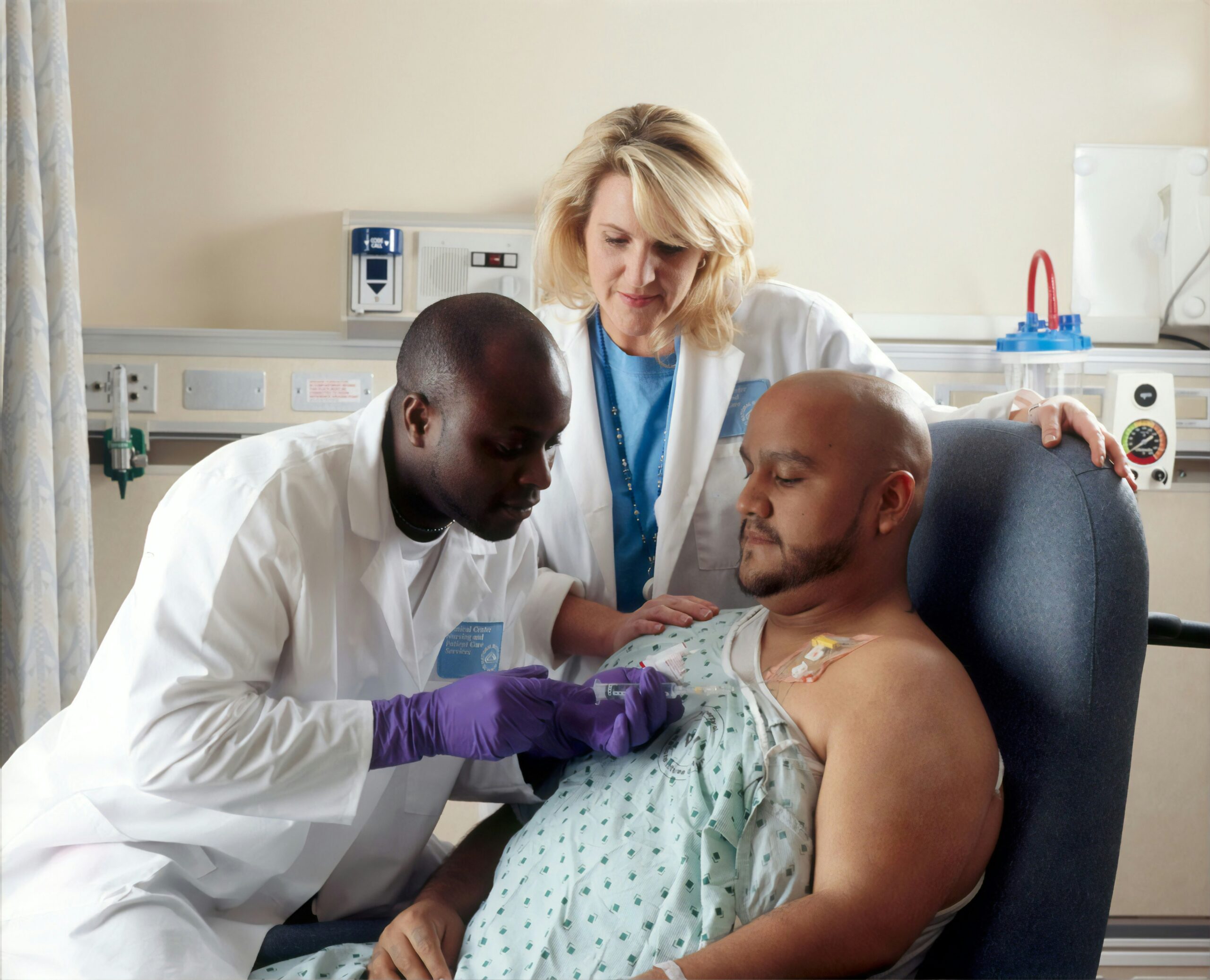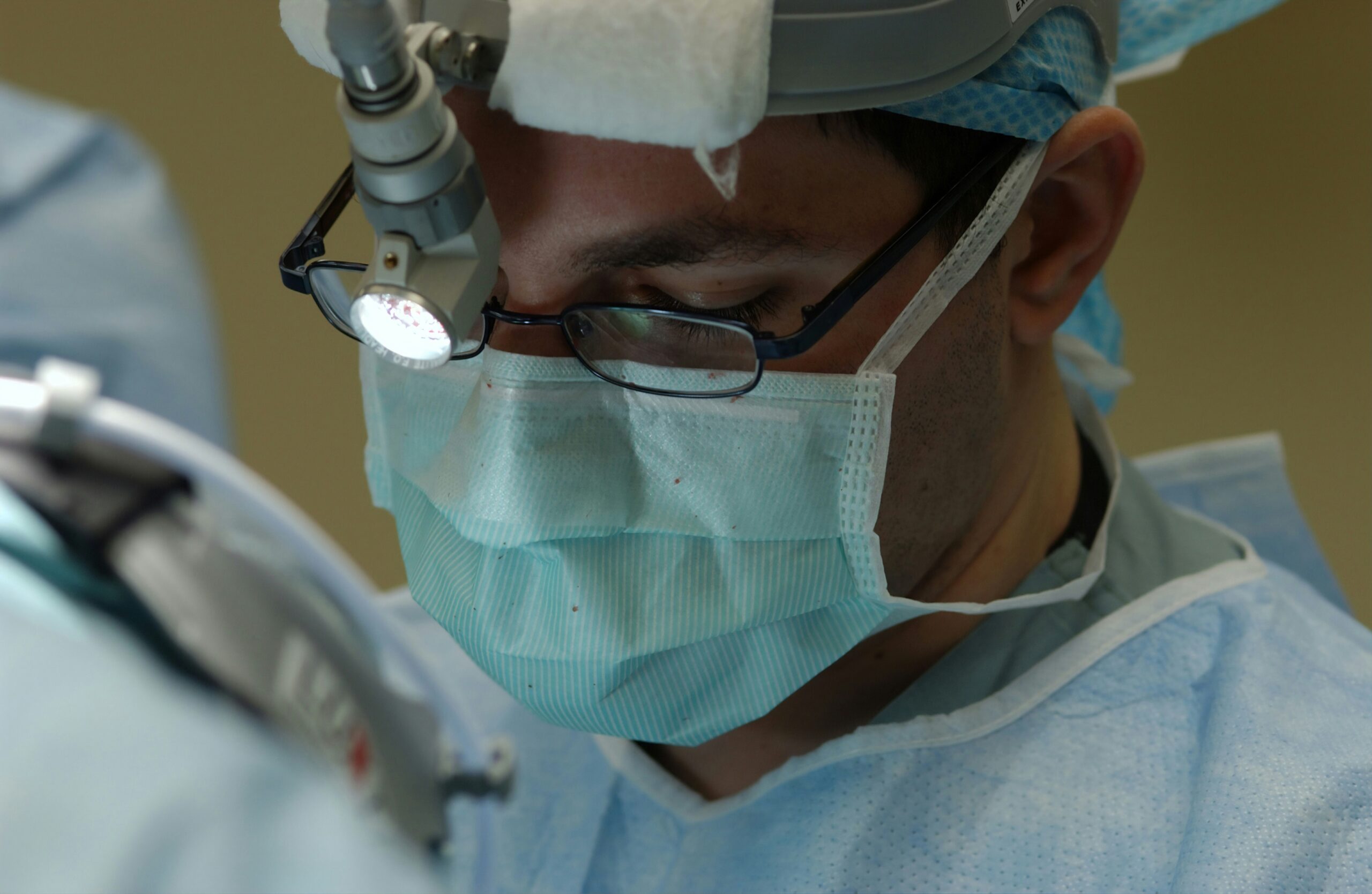Have you ever wondered what differentiates aggressive prostate cancer from its less aggressive forms? Understanding the signs of aggressive prostate cancer can not only provide clarity to those concerned about their prostate health but also empower you with knowledge.
Prostate cancer is the most common cancer among men, leading many to question its severity, especially when it shows aggressive traits. Often, the symptoms and progression can vary significantly. Recognizing the signs early on is crucial for effective treatment and management.
The Nature of Prostate Cancer
Prostate cancer develops in the prostate, a small gland that produces seminal fluid in men. Most prostate cancers grow slowly, and early forms may not show noticeable symptoms for years. However, some types develop rapidly and require prompt attention.
Understanding Aggressiveness in Prostate Cancer
Aggressive prostate cancers are fast-growing and can spread to other parts of the body, known as metastasis. The aggressiveness of prostate cancer is usually determined by the Grade Group (Gleason score), prostate-specific antigen (PSA) levels, and the stage of the tumor.
Gleason Score and Grade Groups
The Gleason score is a system that assesses the aggressiveness of prostate cancer by examining the prostate tissue's appearance under a microscope. It ranges from 6 to 10, with higher scores indicating more aggressive cancer.
| Gleason Score | Grade Group | Aggressiveness |
|---|---|---|
| 6 | 1 | Least aggressive |
| 7 (3+4) | 2 | Moderately aggressive |
| 7 (4+3) | 3 | More aggressive |
| 8 | 4 | Very aggressive |
| 9-10 | 5 | Most aggressive and likely to spread |
PSA Levels
PSA is a protein produced by the prostate and measured through a blood test. Elevated PSA levels can indicate prostate cancer, but higher levels don't necessarily mean aggressive cancer. It's the rate of increase, or PSA velocity, that matters. Rapidly increasing PSA levels can be a sign of aggressive cancer.
Recognizing the Signs
Being aware of the signs can help in early detection. Here are some common symptoms associated with more aggressive prostate cancer forms:
Urinary Symptoms
Changes in urination are one of the earliest signs of prostate issues. While these can be present in benign conditions like an enlarged prostate, they can also indicate cancer.
- Increased frequency of urination: Needing to urinate more often, especially at night.
- Urgency: A sudden, compelling need to urinate.
- Weak or interrupted urine flow: Trouble starting or stopping urination.
- Painful urination or ejaculation: Discomfort during urination or ejaculation can be a sign of concern.
Pain and Discomfort
Pain can manifest in various forms and locations, which can be easily overlooked.
- Pain in the back, hips, or pelvis: Commonly misattributed to other causes, persistent pain in these areas can indicate the spread of cancer.
- Swelling in the lower body: Lymph node involvement may cause swelling in the legs or feet.
Systemic Symptoms
These symptoms can sometimes be mistaken for other illnesses or age-related issues.
- Unexplained weight loss: Sudden weight loss without dietary changes can be alarming.
- Fatigue: Extreme tiredness or low energy levels, even with adequate rest.

Diagnostic Measures
If symptoms lead you to suspect aggressive prostate cancer, various tests can confirm the diagnosis.
Digital Rectal Exam (DRE)
A DRE allows doctors to physically examine the prostate for abnormalities. It's a simple procedure that can provide critical information.
Prostate-Specific Antigen (PSA) Test
A PSA test measures the level of PSA in your blood. While not definitive, abnormal PSA levels are a red flag that warrants further investigation.
Biopsy
If initial tests suggest cancer, a biopsy is often the next step. By taking and examining prostate tissue, doctors can determine the cancer's presence and aggressiveness.
Treatment Options
Understanding the treatment options helps manage the implications of an aggressive prostate cancer diagnosis.
Active Surveillance
In cases where immediate treatment might not be necessary, active surveillance involves regular PSA testing and MRIs to monitor the cancer closely.
Surgical Options
- Radical Prostatectomy: Removal of the prostate gland, often suggested for localized but aggressive cancer.
- Pelvic Lymph Node Dissection: Removal of lymph nodes to prevent the spread of cancer.
Radiation Therapy
Radiation therapy uses high-energy rays to kill or slow the growth of cancer cells. It can be used alone or in combination with other treatments.
Hormone Therapy
Since prostate cancer growth is often driven by male hormones, hormone therapy may be used to lower testosterone levels. It can help shrink or slow down the growth of cancer.
Chemotherapy
Chemotherapy involves using drugs to kill fast-growing cancer cells and is typically considered when cancer has spread outside the prostate.

Managing Life with Prostate Cancer
Dealing with prostate cancer can be overwhelming, but adopting a healthy lifestyle can improve treatment outcomes and quality of life.
Nutrition and Diet
A diet rich in fruits, vegetables, and lean proteins can support your body during cancer treatment. Limiting red meat and processed foods may also help manage symptoms.
Exercise
Regular exercise helps maintain a healthy weight, improves mood, and boosts energy levels, which can be beneficial during and after treatment.
Mental Health
Coping with a cancer diagnosis can take a toll on mental health. Seeking support from therapists or support groups can provide emotional relief and practical advice from others in similar situations.
Final Thoughts
While the prospect of facing aggressive prostate cancer can seem daunting, understanding the signs, diagnostic measures, and treatment options can empower you and bring hope. Early detection and proactive management can significantly influence outcomes.
Stay informed and speak with your healthcare provider if you notice any alarming symptoms. Knowledge is your best ally in the journey to health and healing.


